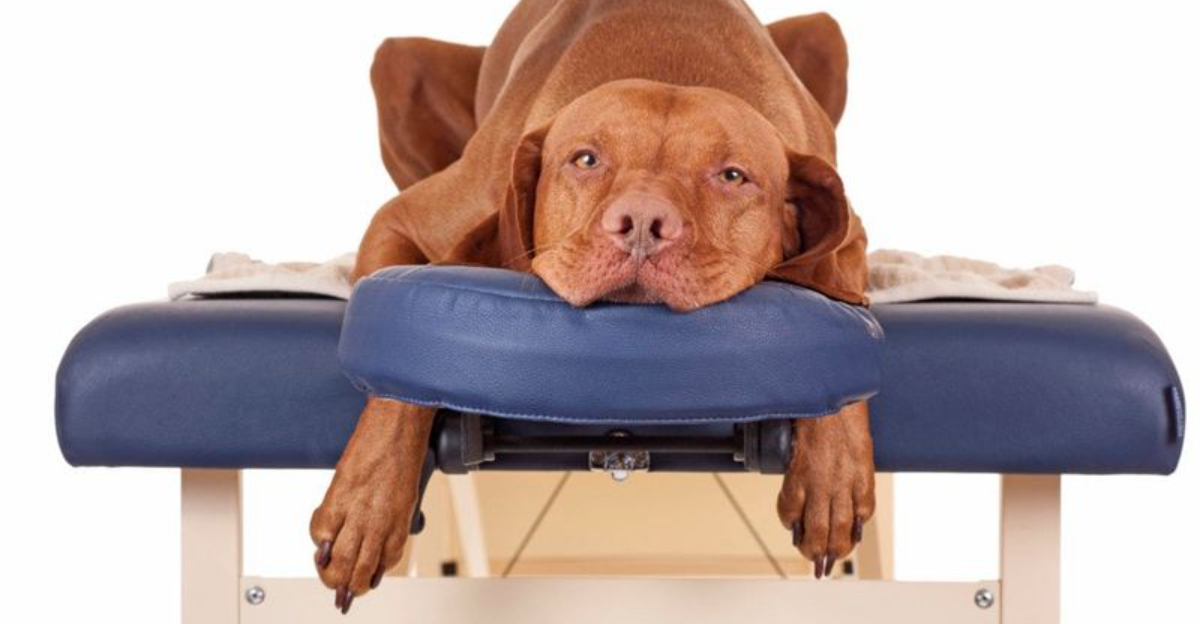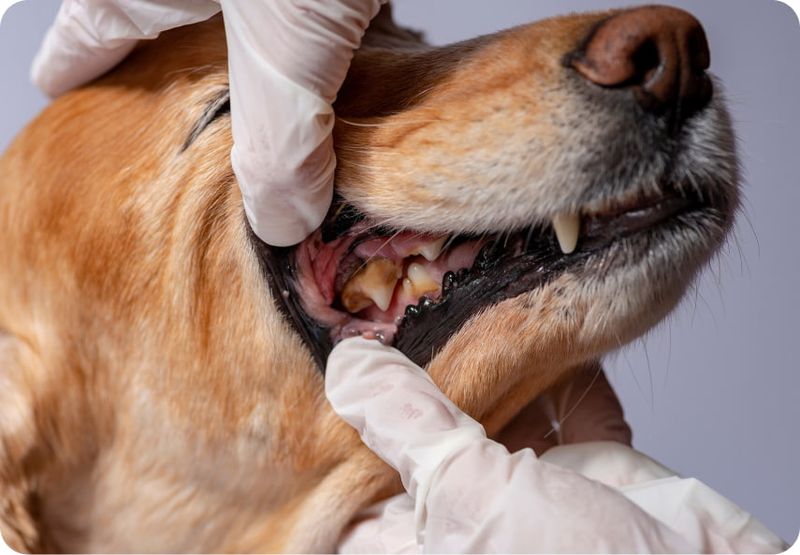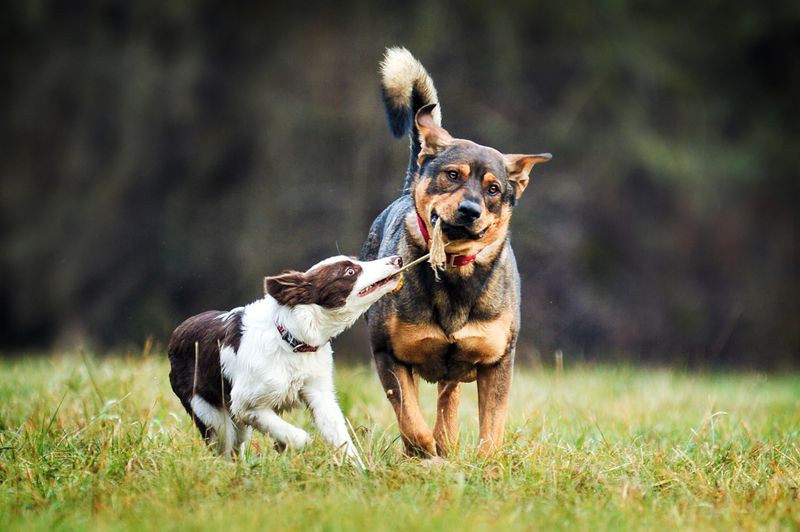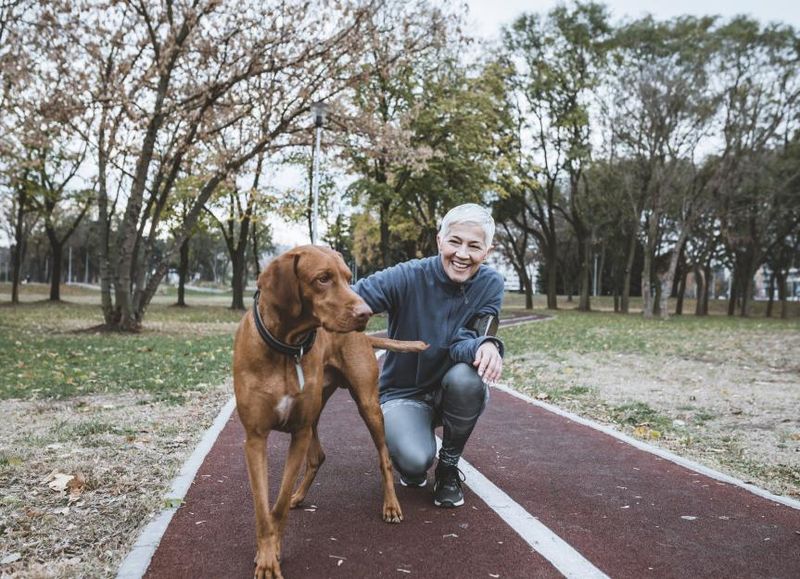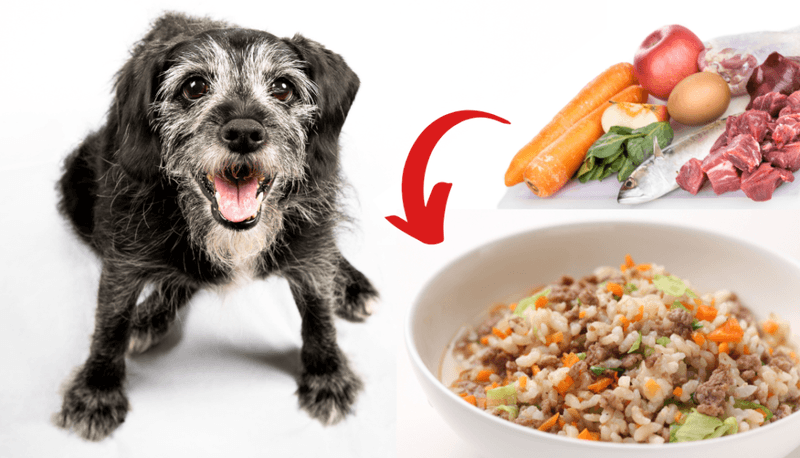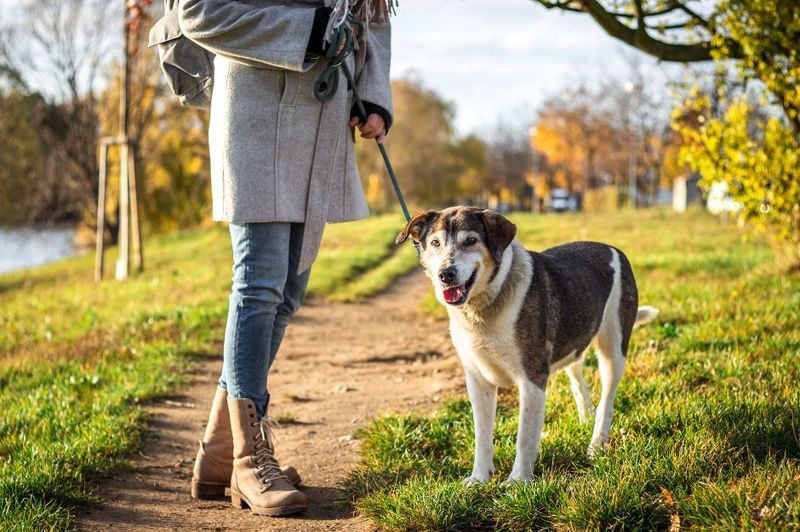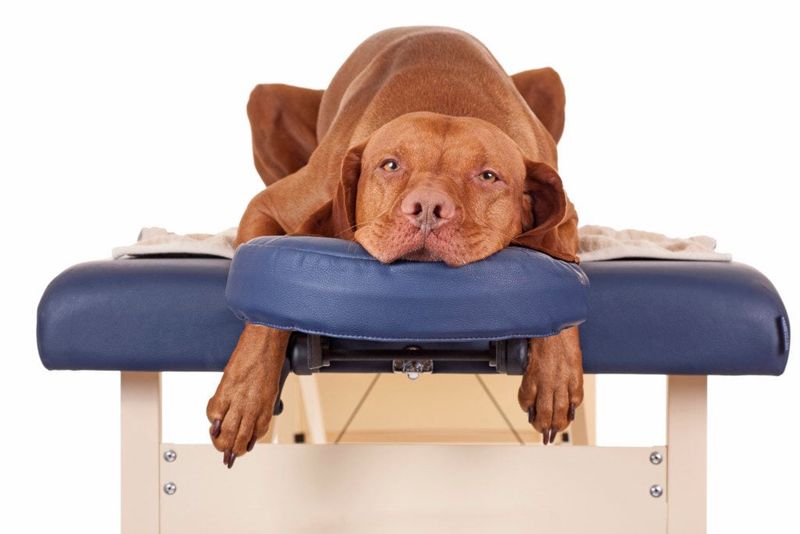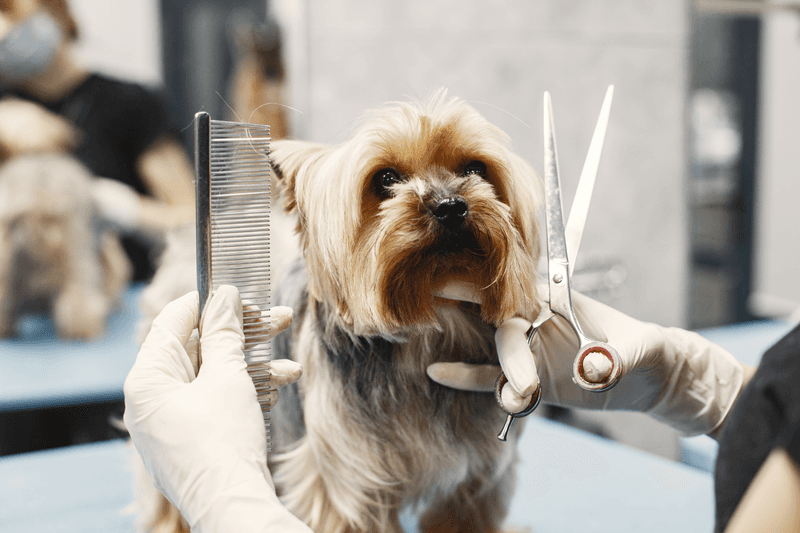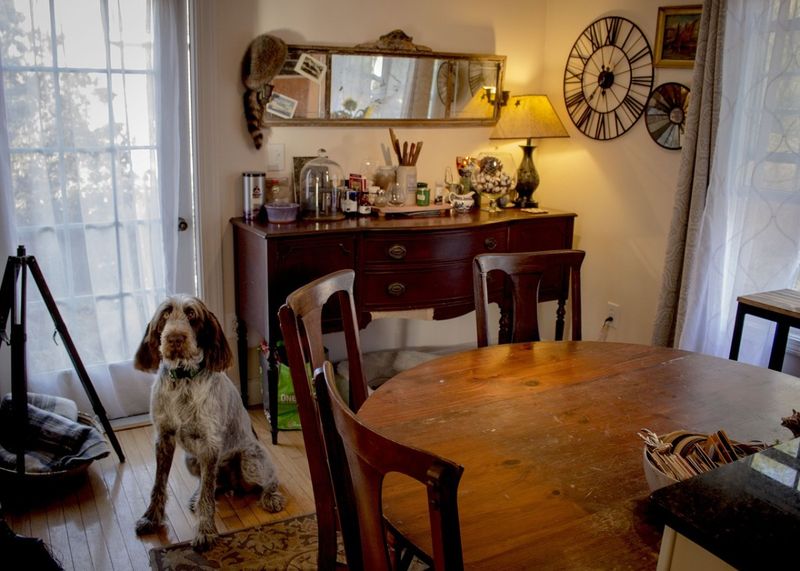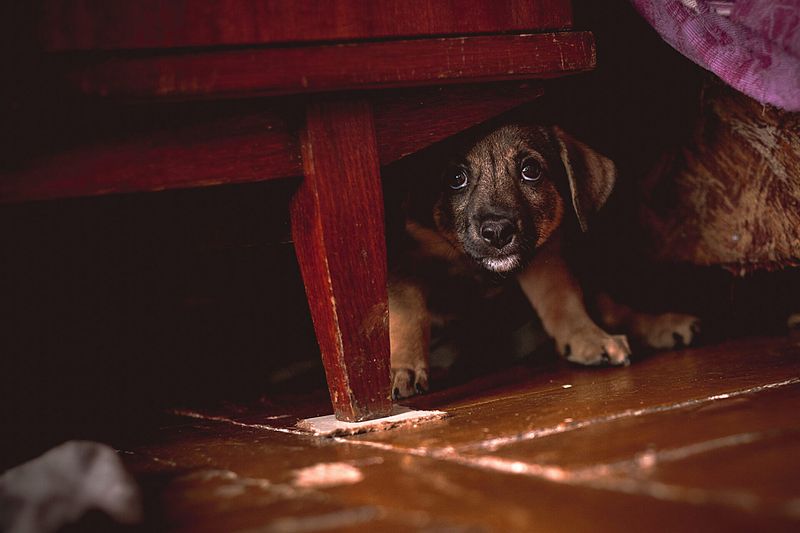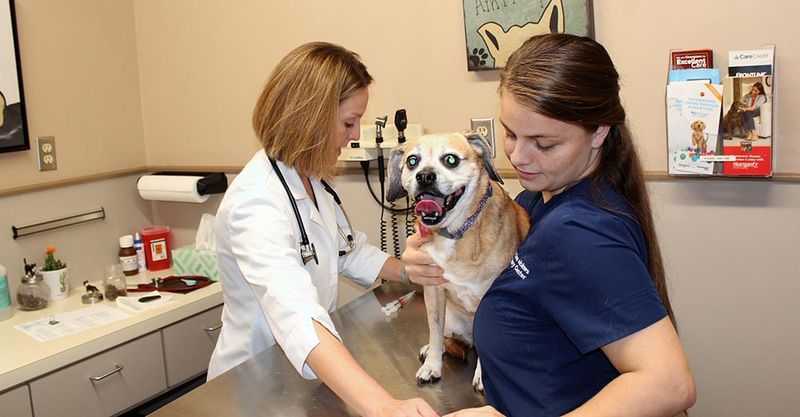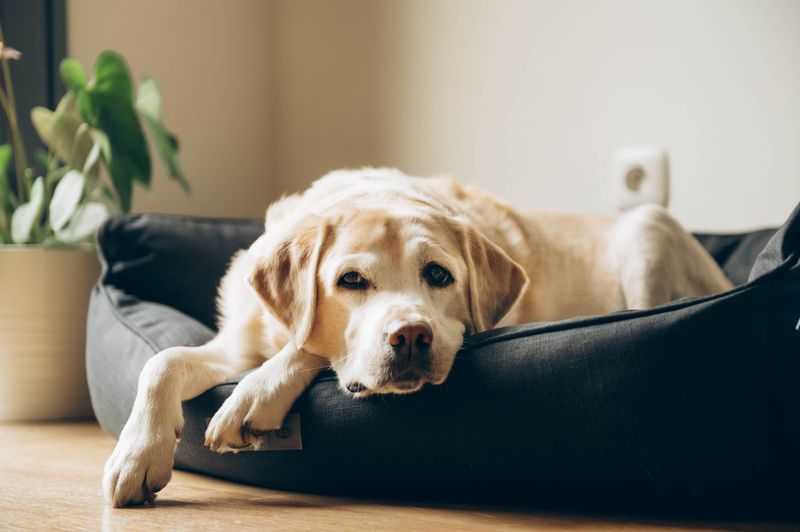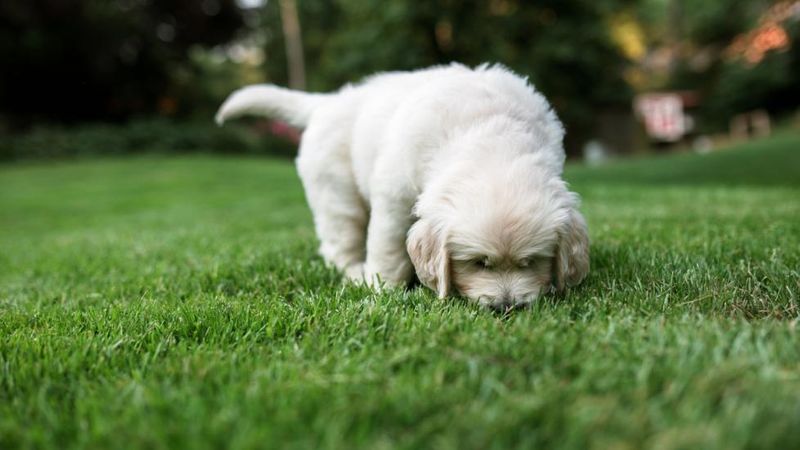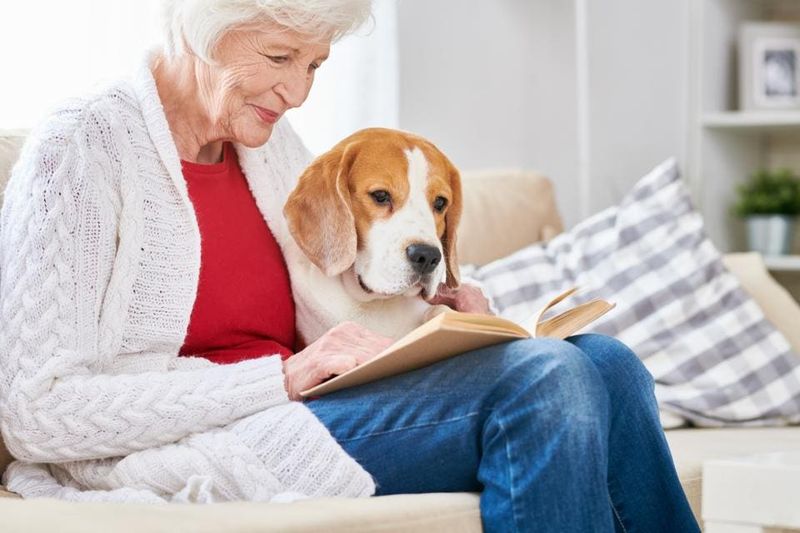Senior dogs, much like their human counterparts, face unique challenges as they age. However, many pet owners might not realize that certain stressors are subtly impacting their furry friend’s well-being, leading to faster aging. This blog post uncovers 19 hidden stressors that might be affecting your senior dog, providing insights and solutions to ensure your companion enjoys their golden years with vitality and joy.
Inadequate Hydration
Aging dogs, much like older humans, often have a reduced sense of thirst. This can lead to dehydration, a silent stressor accelerating the aging process. Imagine your dog lounging in the sun, panting slightly, a water bowl just within reach but often ignored. Encouraging regular water intake is crucial. Consider adding a splash of low-sodium broth to entice drinking. Also, place multiple water stations around your home to ensure easy access. Remember, a hydrated dog is a happy, energetic dog. Regular monitoring of water intake can significantly impact your pet’s overall health and vitality.
Poor Dental Health
Did you know that dental disease is one of the most common health issues in senior dogs? Neglected teeth can lead to infections, causing discomfort and contributing to aging. Picture your furry friend’s teeth – yellowed with plaque, gums slightly reddened – a silent cry for attention. Regular dental care is essential. Brushing your dog’s teeth may seem daunting, but it’s vital. Dental treats and professional cleanings can also help. A healthy mouth supports a healthy body, reducing stress and improving quality of life. Don’t let dental problems steal your pet’s youthful spirit.
Lack of Mental Stimulation
As dogs age, their cognitive abilities can decline, making mental stimulation more important than ever. Imagine your senior dog, once eager and sharp, now staring blankly at the wall, a mind craving engagement. Puzzle toys and interactive games can be lifesavers, sparking curiosity and keeping aging brains active. Regular play sessions tailored to your dog’s abilities can rejuvenate their spirit. Introducing new scents or simple training exercises can also be effective. Mental challenges not only fight boredom but also slow cognitive decline, ensuring your pet remains lively and engaged.
Limited Social Interaction
Social interaction is vital for dogs, providing mental stimulation and emotional satisfaction. Picture your senior dog, once the life of the park, now isolated at home, missing out on the social world. Regular outings, even short ones, can uplift their mood. Introducing them to other gentle dogs or familiar friends keeps loneliness at bay. Consider playdates or leisurely walks in the neighborhood. Social experiences are not just about play but also about connection, vital for maintaining a youthful spirit. A socially active dog is often a happier, healthier one.
Inconsistent Routines
Dogs thrive on routine, and disruptions can be more stressful for senior dogs. Imagine your dog waiting by the door for a walk that doesn’t happen, or meals served at odd times – confusing and distressing. Consistent schedules provide a sense of security and predictability. Regular feeding, walks, and playtime help your senior dog feel safe and less anxious. Adapting the routine to your dog’s changing needs as they age is also crucial. Maintaining regularity in daily activities supports both physical health and emotional well-being, slowing down the aging clock.
Inappropriate Diet
Diet plays a crucial role in a dog’s health, particularly as they age. Picture a senior dog eating kibble formulated for younger dogs, missing essential nutrients. Aging dogs require specific diets tailored to their health. High-quality proteins, fiber, and omega fatty acids are key components. Consulting with a vet for dietary adjustments ensures your pet receives the nutrition they need. Tailored diets support joint health, weight management, and overall vitality. Providing the right food helps maintain your dog’s youthful energy, combating the stressors of aging from within.
Lack of Exercise
Exercise remains vital for senior dogs, despite their slower pace. Visualize your dog, a little slower, a bit stiffer, yet still needing those daily strolls. Regular, gentle exercise supports joint health, weight control, and mental well-being. Adjust activities to match your dog’s abilities, perhaps shorter walks or gentle swimming. Keeping them active helps maintain muscle mass and mobility. Remember, even minimal exercise can make a difference. Prioritize consistent activity to keep aging bodies agile and spirits high, reducing stress and enhancing quality of life.
Unmanaged Pain
Pain often goes unnoticed in dogs, perceived as part of aging but manageable. Envision your dog resting more, less eager to play, a subtle sign of discomfort. Regular vet visits can identify pain sources, from arthritis to dental issues. Pain management through medication, therapy, or lifestyle adjustments can dramatically improve life quality. Consider massages or acupuncture for relief. Addressing pain not only enhances physical comfort but also emotional well-being. A pain-free dog exhibits more energy, joy, and a youthful demeanor, allowing them to enjoy their senior years fully.
Poor Grooming Habits
Grooming is more than aesthetics for senior dogs; it’s about health and comfort. Picture your dog’s coat, once glossy, now matted and dull, a sign of neglect. Regular grooming prevents skin issues and discomfort. Brushing stimulates circulation, while baths remove irritants and odors. Clipping nails prevents joint strain. Grooming sessions also provide bonding time, reducing stress and anxiety. Keeping your dog’s coat healthy and clean prevents external stressors, allowing them to move and feel better. Regular grooming maintains their youthful appearance and zest for life.
Crowded Living Spaces
An environment filled with obstacles can be challenging for senior dogs, affecting mobility and comfort. Imagine your pet navigating cramped, cluttered spaces, increasing stress and risk of injury. Clear pathways and accessible resting spots are essential. Consider removing unnecessary furniture or adding ramps for easier access to favorite spots. A well-organized home supports your dog’s independence and reduces anxiety. Creating a safe, spacious environment allows your dog to move freely, keeping them active and youthful. A stress-free space contributes to their overall happiness and well-being.
Exposure to Loud Noises
Aging dogs often become more sensitive to loud noises, which can cause significant stress. Visualize your dog during a thunderstorm, trembling, seeking solace from the booming sounds. Minimizing noise exposure can help. Create a quiet, safe haven with soft bedding. Consider soundproofing or using ambient noise to mask disturbances. Comfort items like snug clothing can also provide reassurance. Reducing noise-related stress enhances your dog’s sense of security, promoting a serene and youthful demeanor. A peaceful environment supports emotional health, allowing them to enjoy life more fully.
Inadequate Veterinary Care
Regular veterinary visits are crucial for early detection of health issues in senior dogs. Picture your pet, stoic and loyal, often hiding discomfort until it’s severe. Scheduled check-ups can identify problems before they escalate, allowing timely interventions. Blood tests, dental exams, and mobility assessments provide comprehensive insights into your dog’s health. Proactive care ensures a longer, healthier life. Open communication with your vet about changes in behavior or habits is essential. Keeping up with vaccinations and health screenings supports your dog’s vitality, combating aging effects efficiently.
Lack of Safe Spaces
Senior dogs need safe spaces to retreat and relax, especially in busy households. Imagine your pet overwhelmed during a family gathering, searching for a quiet spot to rest. Creating a designated area with a comfortable bed and calming elements offers solace. This sanctuary becomes their personal retreat, reducing stress and anxiety. Ensure this space is easily accessible and away from high traffic areas. Providing a safe haven fosters a sense of security, helping your dog feel youthful and content. A peaceful retreat supports emotional balance and enhances overall well-being.
Temperature Extremes
Temperature sensitivity increases with age, making extremes stressful for senior dogs. Picture your pet shivering in winter or panting heavily in summer, unable to regulate body temperature efficiently. Indoor climate control is key. Provide blankets in chilly weather and fans or air conditioning during heat waves. Ensure fresh water is always available. Outdoor time should be limited during extreme temperatures. Monitoring your dog’s comfort can prevent stress-related health issues. Maintaining a consistent, comfortable temperature supports physical well-being and helps preserve your pet’s youthful vigor.
Exposure to Toxins
Toxins pose a unique threat to aging dogs, who may become less discerning over time. Visualize your pet sniffing around the garden, unaware of hidden dangers in certain plants. Household chemicals and medications can also be risky. Keeping potential toxins out of reach is crucial. Opt for non-toxic cleaning products and pet-safe plants. Vigilance about what your dog encounters daily can prevent accidental ingestions and stress. Protecting them from toxins supports their health, allowing them to thrive with youthful energy and a stress-free life.
Inadequate Sleep Environment
A restful sleep environment is vital for senior dogs, aiding recovery and reducing stress. Picture your dog struggling to find comfort on a worn-out bed, affecting their rest. Investing in an orthopedic bed can provide the support they need. Ensure the sleeping area is quiet and dimly lit, allowing uninterrupted sleep. A good night’s sleep bolsters health, mood, and energy levels. Consider nighttime routines that help your dog wind down. Ensuring quality sleep rejuvenates aging bodies and minds, keeping your dog vibrant and youthful for years to come.
Unaddressed Anxiety
Anxiety can intensify with age, exacerbating stress and aging in dogs. Imagine your pet during a storm, pacing, anxious, unable to unwind. Addressing anxiety through calming strategies is essential. Comfort items like anxiety vests or pheromone diffusers can be effective. Behavior modification and training also play a role in alleviating stress. Providing consistent reassurance builds confidence, reducing anxiety levels. Managing anxiety fosters emotional balance and enhances quality of life. A calm, relaxed dog can enjoy their senior years with vitality, free from the burdens of stress.
Neglect of Joint Health
Joint health becomes a pressing concern as dogs age, affecting mobility and comfort. Picture your dog hesitating to jump or climb, signs of joint discomfort. Supplements such as glucosamine or omega-3s can support joint health. Regular, gentle exercise and maintaining a healthy weight are crucial. Consider orthopedic beds for added comfort. Addressing joint issues proactively can prevent further deterioration, maintaining your dog’s active lifestyle. Supportive care keeps your dog moving with ease, enhancing their quality of life and preserving their youthful enthusiasm.
Isolation During Family Activities
Being part of the family is crucial for a dog’s emotional health, especially as they age. Imagine your pet watching from afar as the family enjoys activities, feeling left out and forgotten. Including them in family events strengthens bonds and provides joy. Simple adjustments, like bringing them along on outings or ensuring they’re present during gatherings, can make a difference. Feeling loved and included boosts their mood and vitality. Acknowledging their place in the family reduces stress and fosters a sense of belonging, keeping them youthful and content.
